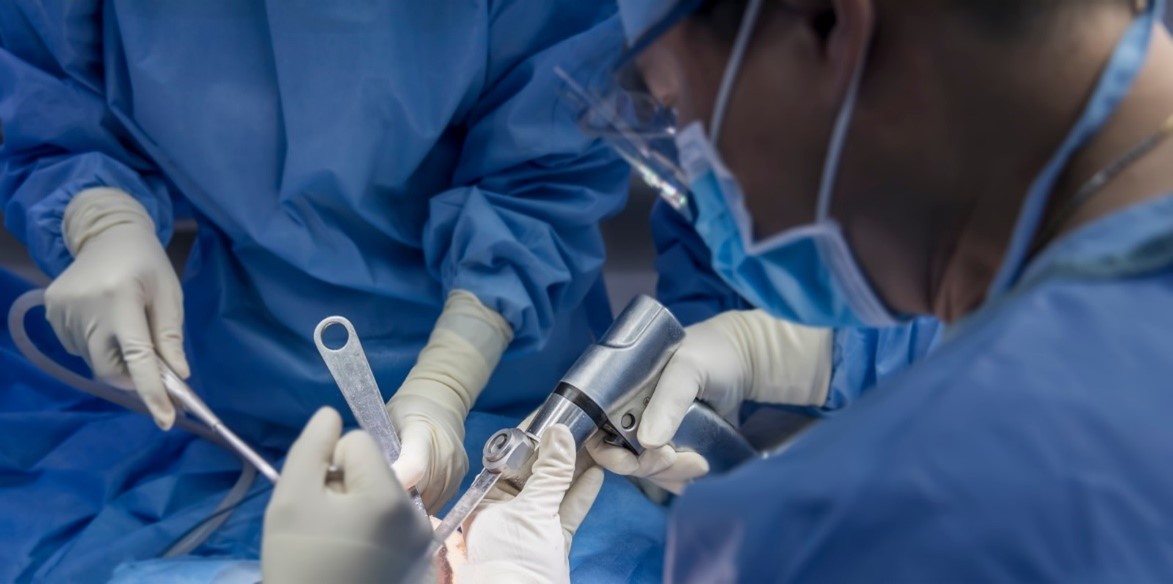What Is Knee Replacement Surgery?
Knee replacement surgery, also known as total knee arthroplasty, involves replacing a damaged or worn-out knee joint with an artificial implant. This surgery is recommended for individuals experiencing severe knee pain or mobility issues that cannot be managed through non-surgical treatments. Although people of any age can undergo this surgery, it is most commonly performed on individuals aged 60 to 80.
Who Needs a Total Knee Replacement?
Total knee replacement surgery is beneficial for individuals who are experiencing the following:
- Intense knee pain, often due to arthritis
- Swelling and stiffness in the knee joint
- Joint degeneration or wear and tear
- Knee injuries affecting mobility
- Restricted movement or loss of knee function
How Can You Prevent Knee Replacement Surgery?
To lower the chances of needing knee replacement surgery, consider adopting these preventive measures:
- Low-Impact Exercises: Engage in exercises that promote knee strength and mobility.
- Weight Management: a healthy weight helps reduce pressure on the knees.
- Physical Therapy: Focus on improving strength, flexibility, and balance.
- Healthy Diet: Include foods rich in calcium, omega-3 fatty acids, and leafy greens into your meals.
- Medications: Take prescribed medications to manage symptoms effectively.
What Does Pre-Operative Preparation for Knee Replacement Involve?
Before undergoing the surgery, certain preparations are required:
- Complete medical evaluations at least a month in advance.
- Investigations such as blood work, electrocardiograms (ECGs), and urine tests are essential.
- Your doctor may provide additional guidelines, including fasting instructions and medication adjustments.
What Happens During Knee Replacement Surgery?
- The procedure is carried out under anaesthesia.
- A numbing medication may be injected around the joint to help manage pain after surgery.
- Patients usually need to stay in the hospital for 1-2 days post-surgery.
- Physical therapy begins shortly after surgery to aid recovery and reduce complications.
Post-Surgery Care for Knee Replacement
To minimize risks, such as blood clots, follow these steps:
- Gradually begin moving with the help of crutches or a walker.
- Wear compression stockings to support blood circulation.
- Take blood-thinning medications as prescribed.
- Participate in physical therapy exercises, focusing on movement and breathing.
When Should You Seek Medical Assistance?
Watch out for these warning signs and seek immediate medical help if needed:
- Blood Clots: Sudden shortness of breath, chest pain, or a persistent cough could indicate a clot.
- Infection: Fever, redness, tenderness, or pus near the surgical area are signs of infection.
Knee replacement surgery is a life-changing procedure for individuals experiencing severe knee pain or stiffness. With proper pre-surgery preparations and careful post-operative care, patients can experience a smoother recovery and regain mobility, allowing them to return to normal activities more quickly.
If you’re thinking about knee replacement surgery, reach out to BASAVANAGUDI MEDICAL CENTRE today. Our skilled team is dedicated to offer expert support and guidance throughout your journey to a pain-free, active life




